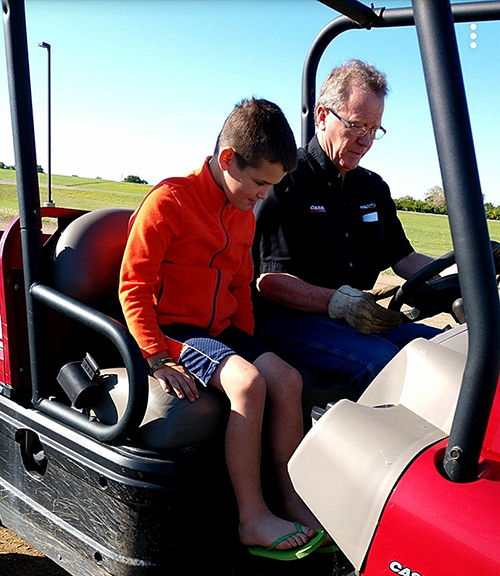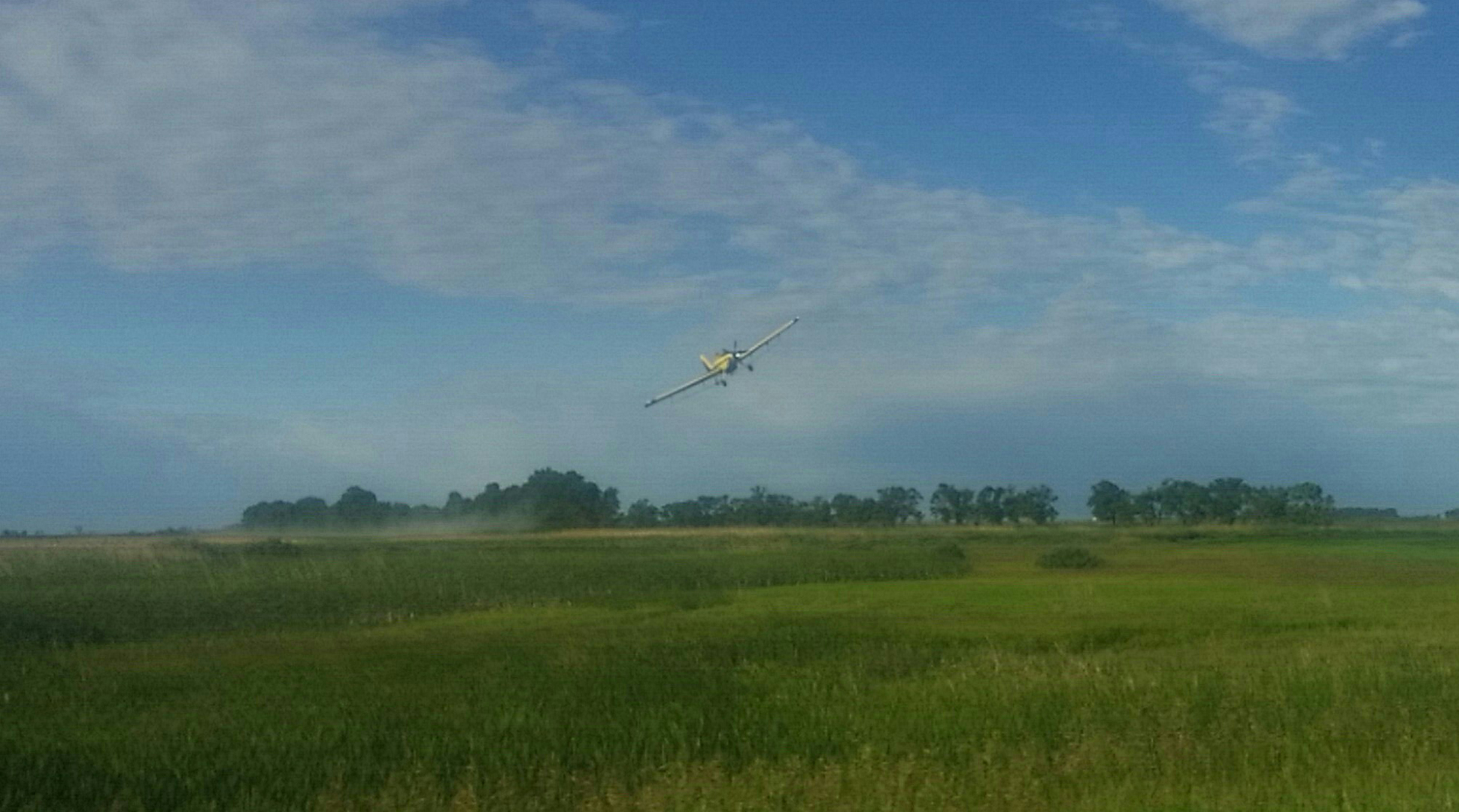By Carie Moore
Guess what I saw last week? One of our organic producers was out spraying. Yes, that's right. Organic and spraying. In the same sentence.
When it comes to crop protection, the difference between organic and conventional is origin. Organics are derived from a "natural" source and lightly processed. In conventional agriculture crop protection products are primarily synthetic.
The catch is this: just because something is natural doesn’t make it non-toxic or safe. Many plants and bacteria produce toxins and other things that you would not want anywhere near food you eat.
It doesn’t have to be all or nothing. While some would have you believe that conventional and organic farmers are constantly fighting, most of us producing food use a combination of organic and conventional farming methods. One example is using vertical tillage as a method of weed control instead of having to spray additional herbicides. Unless a farm is USDA organic, they are not inspected or certified. Many conventional farms don’t spray chemicals unless there is a reason or a need. That is why they hire agronomists who specialize in plant diseases and pests. With pesticides, a certain threshold has to be reached and herbicides are sprayed based on where the plant is in its growth and reproductive stages. After a certain point many chemicals cannot be applied.
I went out with our agronomist the other day to look at canola. Flea beetles were a big problem a few weeks ago and many farmers had to reseed or spray. Ours was seeded later so we missed the big beetle hatch, but we still need to watch. Also, I learned that when the plant reaches a certain stage, it can grow faster than the beetle can eat so although there is a pest attacking the plant, we don’t need to spray. We won't spray if we don't have to.

Farming is not a single person producing your food. A lot of people with different areas of expertise help farmers and ranchers grow your food safely and cost effectively.
